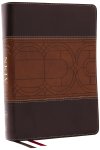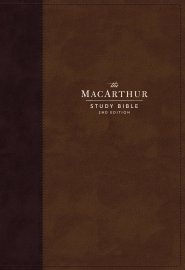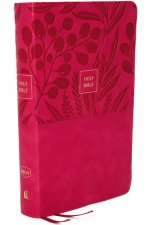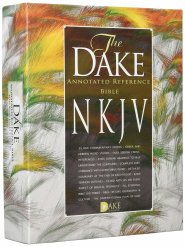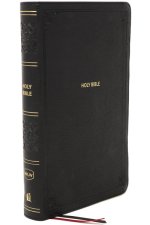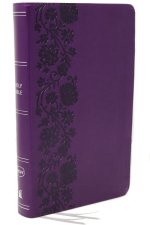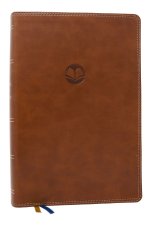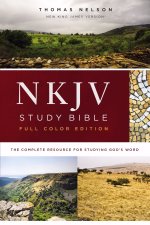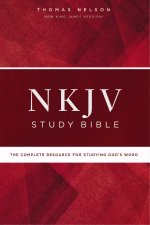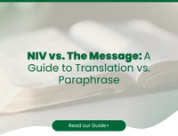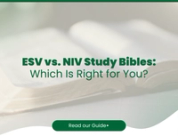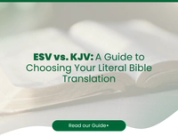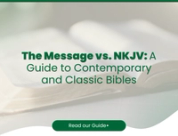When you're ready to dive deeper into God's Word with a study Bible, you'll quickly run into a major decision: the translation. For those who appreciate the historic King James Version, the choice often comes down to two options: the King James Version (KJV) and the New King James Version (NKJV).
Both are trusted, widely used translations with excellent study Bible editions. But they are built on fundamentally different approaches to language. Understanding this core difference is the key to choosing the right Bible for your needs.
In short:
The main difference between the KJV and NKJV Study Bibles lies in their language. The KJV uses archaic Elizabethan English ("thee," "thou"), while the NKJV updates this vocabulary to modern English ("you," "your"), making it easier to read without changing the theological foundation. Both versions are excellent for study, but your choice depends on whether you prefer traditional language or modern clarity.
Understanding Their Translation Philosophies
The most crucial part of your decision is how each translation approaches the original text.
- The KJV's "Word-for-Word" Approach: The KJV is a masterpiece of 17th-century English. Its translators worked to create a literal, "word-for-word" rendering of the original Hebrew and Greek. This resulted in a beautiful, poetic, and majestic text. However, it also uses archaic words and grammar that can be challenging for a modern reader.
- The NKJV's "Complete Equivalence" Approach: The NKJV was created to be a direct update of the KJV. Its translators aimed for what they called "complete equivalence," preserving the KJV's literary style and accuracy while updating its archaic words and grammar for the contemporary reader. Essentially, the NKJV keeps the reverence and literalness of the KJV but removes the language barrier.
A Side-by-Side Look at the Differences
To truly understand the contrast, let's look at a few examples.
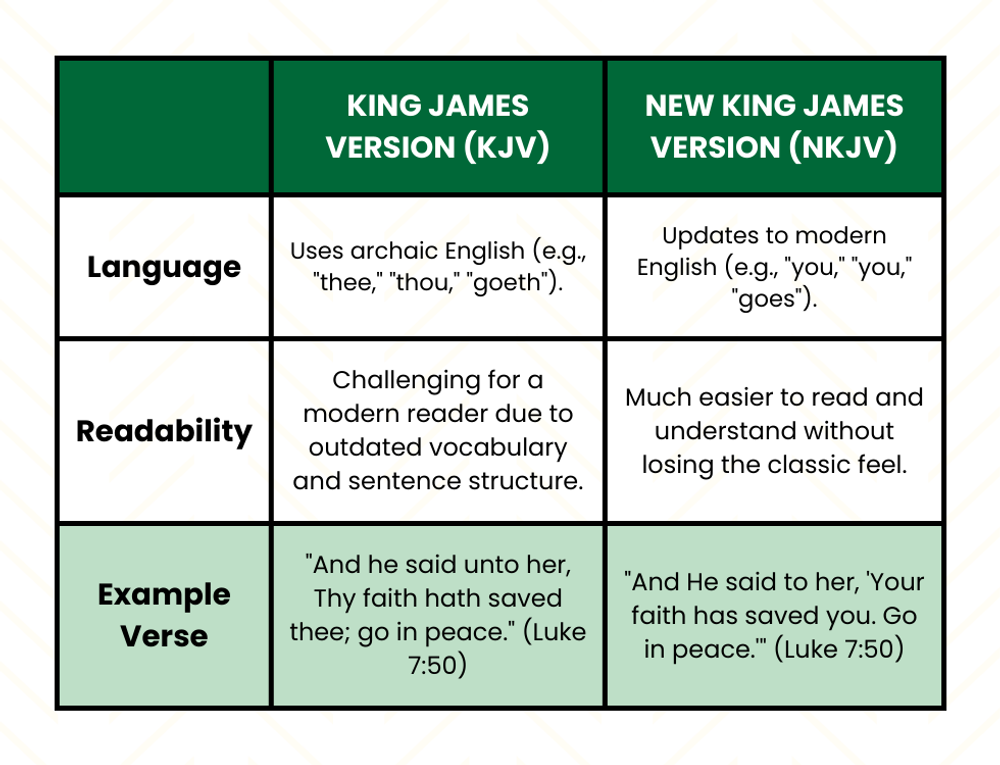
The most common difference is the change from "thee" and "thou" to "you" and the update of verb endings like "-eth."
Which Study Bible Is Best for You?
When choosing a study Bible, the translation is just the beginning. The notes, articles, maps, and special features are what truly make a study Bible valuable. Both the KJV and NKJV have excellent options.
- Choose the KJV Study Bible if:
- You grew up with the KJV and want to maintain its traditional language.
- Your church or study group uses the KJV exclusively, and you need a study Bible to help you follow along.
- You are a serious student of the Bible who enjoys the precision and literary weight of the original King James text.
- Choose the NKJV Study Bible if:
- You love the feel of the KJV but want a Bible that is easier to read and understand on a daily basis.
- You are a new believer who is intimidated by the archaic language of the KJV but still wants a translation from its historical lineage.
- You want a trusted, formal translation that balances accuracy with readability.
There is no single "best" study Bible, only the one that is best for you. The most important thing is to choose a tool that will help you engage with God’s Word in a meaningful way.
Ready to find your perfect study partner? You can browse our full collection of KJV Study Bibles here and our full range of NKJV Study Bibles here.


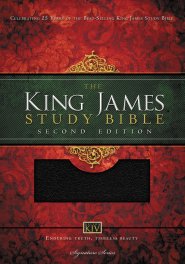
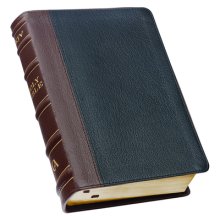
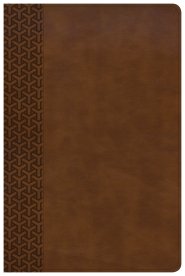
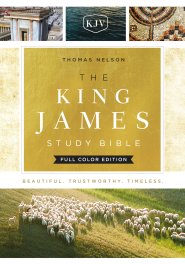
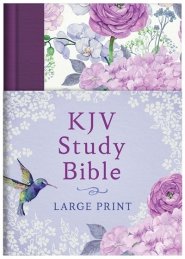
![The KJV Study Bible - Large Print [violet Floret]](https://www.eden.co.uk/images/220/9781683228448.jpg)
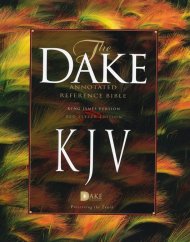
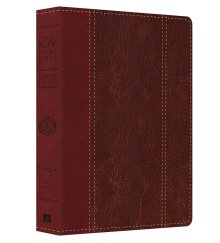
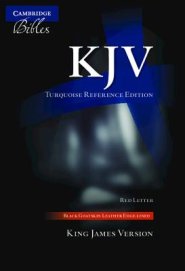
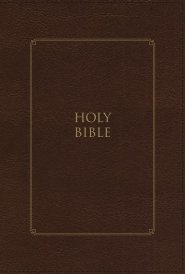

![KJV Study Bible, Indexed [Crimson Bouquet]](https://www.eden.co.uk/images/150/9781636096070.jpg)
